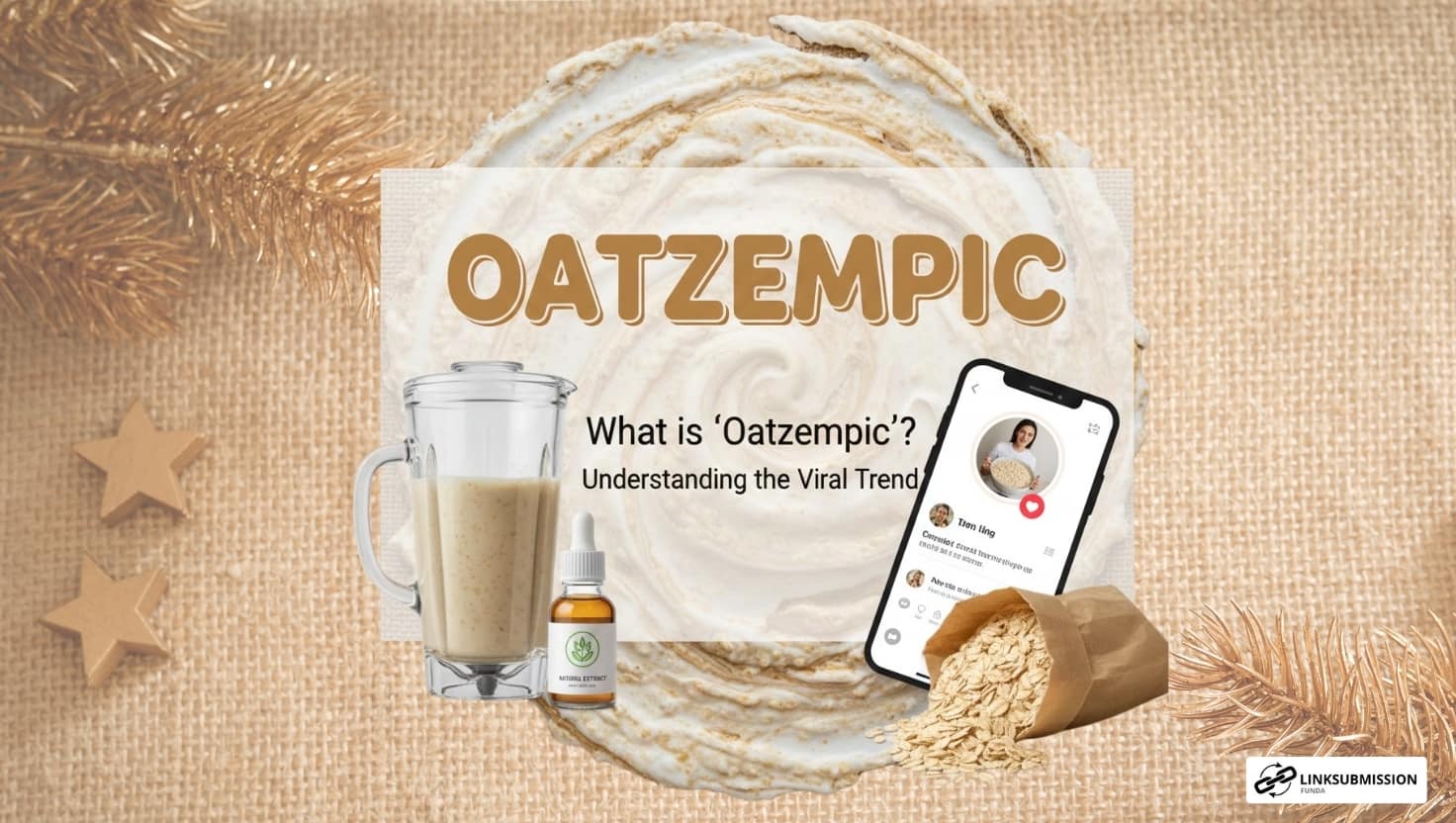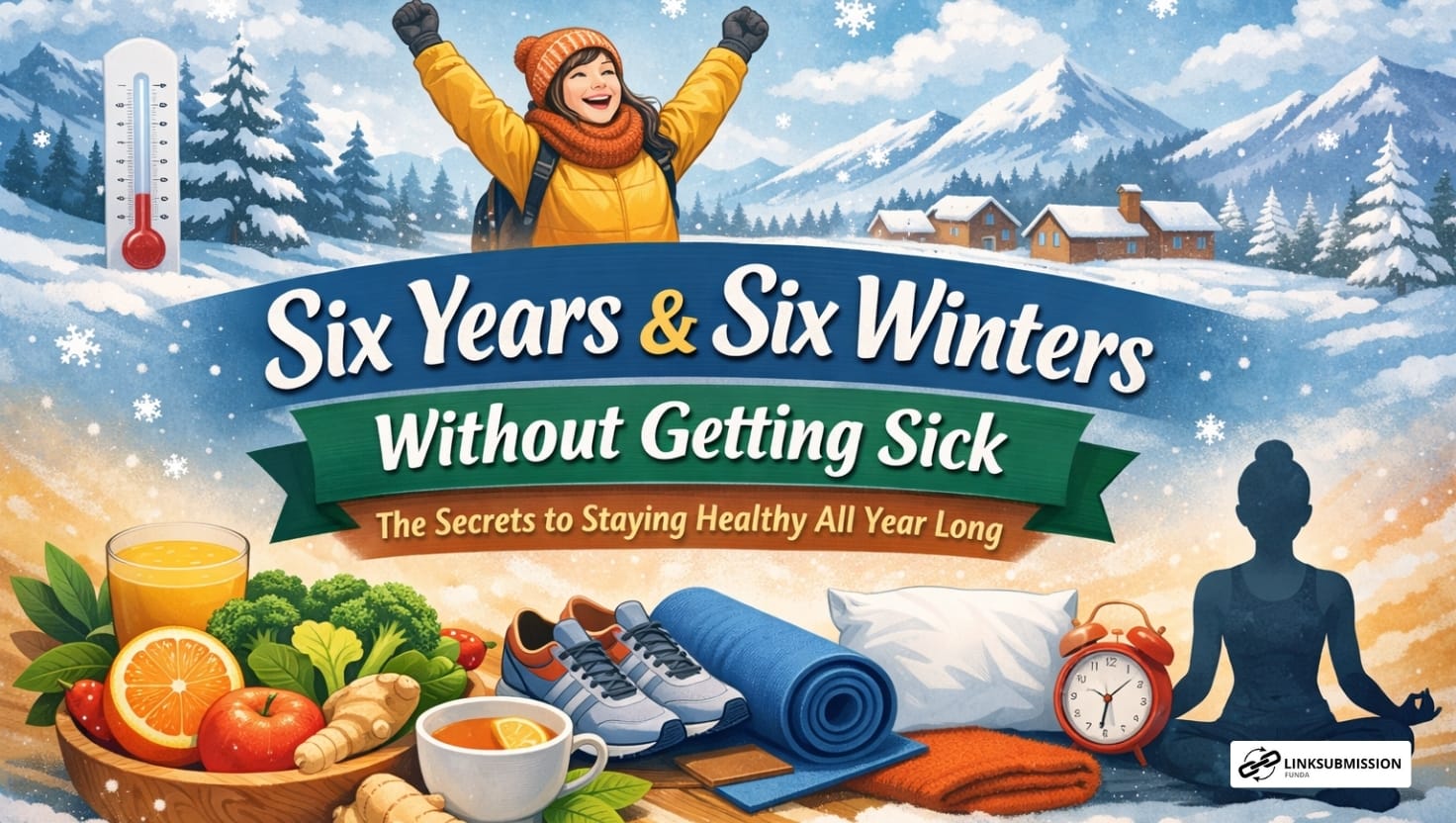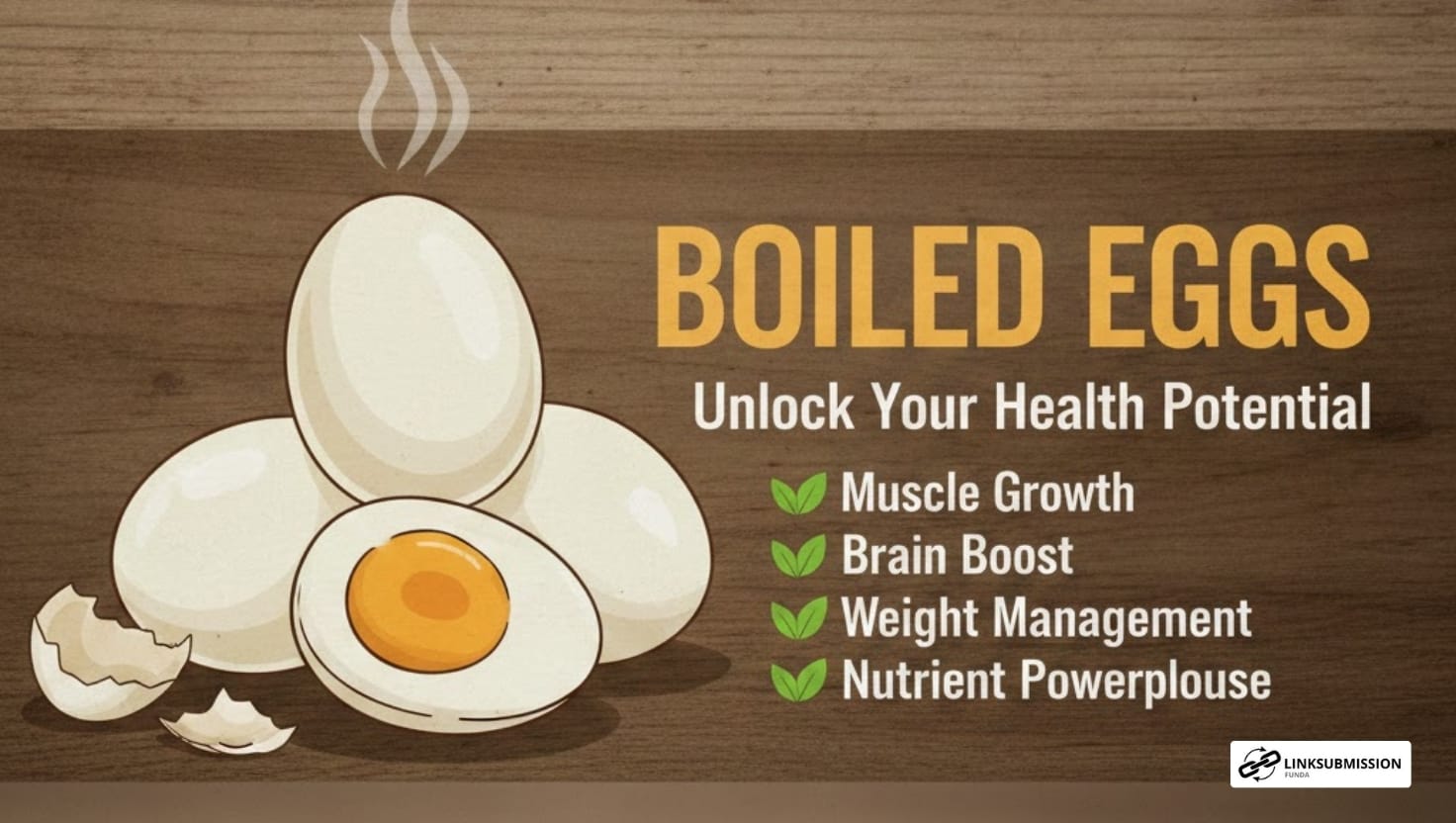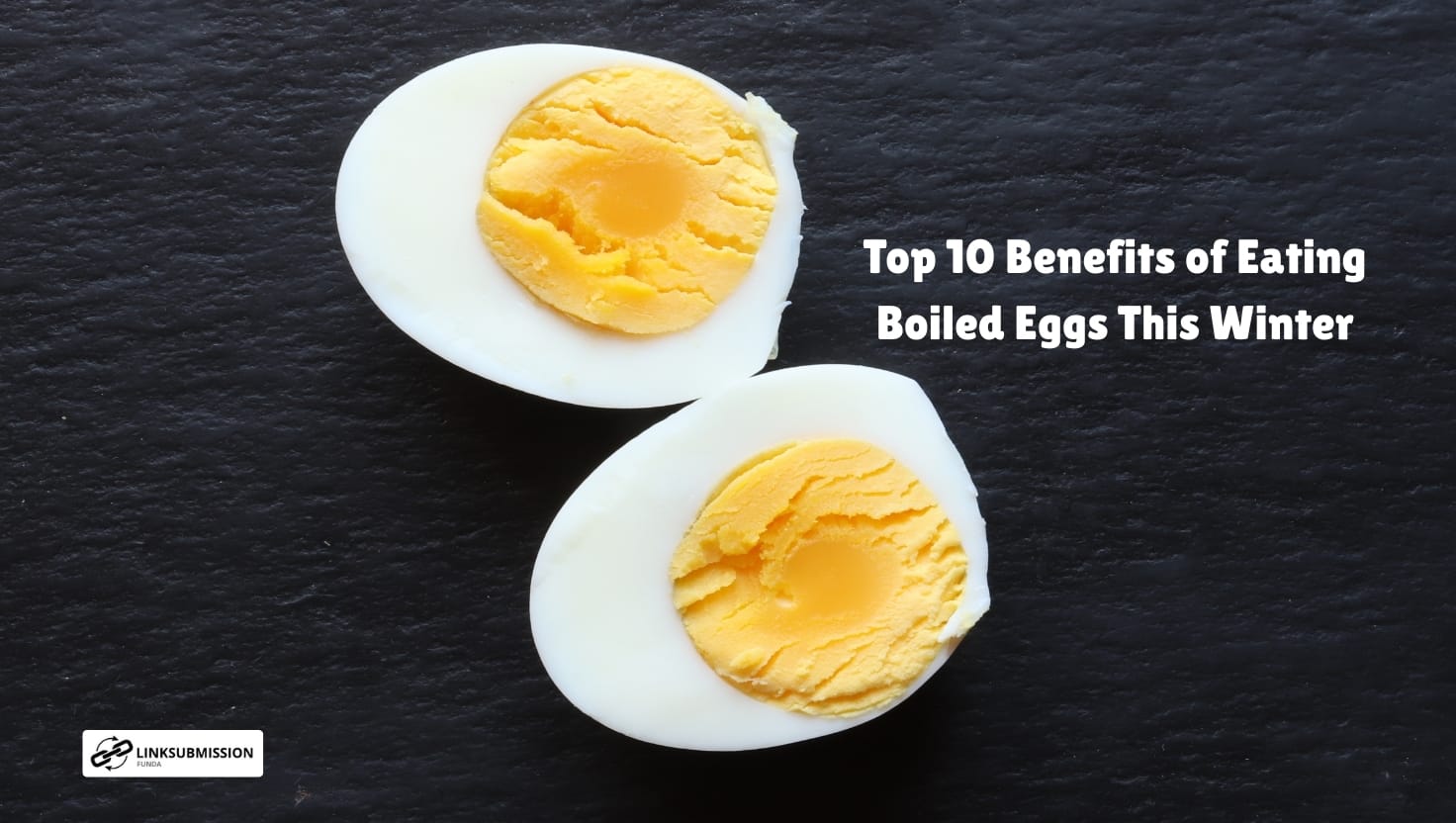In a world where sugar is everywhere—from your morning coffee to your favorite packaged snacks—finding a healthy alternative can be a game-changer. Enter stevia, a natural, zero-calorie sweetener that has been gaining popularity for all the right reasons. If you’re looking to cut back on sugar without sacrificing taste, stevia might just be your new best friend.
What exactly is Stevia?
Stevia is a sweetener derived from the leaves of the Stevia rebaudiana plant, which is native to South America. For centuries, indigenous people used these leaves to sweeten beverages and medicines. What makes stevia special is that it contains compounds called steviol glycosides, which are naturally sweet—up to 300 times sweeter than regular table sugar.
Today, stevia is available in multiple forms: liquid drops, powders, and even baking blends. It’s FDA-approved and widely used in everything from yogurts and juices to chewing gum and energy drinks.
Why People Love Stevia
1. Zero Calories, Maximum Sweetness
Trying to lose weight or manage your calorie intake? Stevia offers the sweet taste you love without the added calories. Unlike sugar, it won’t spike your blood glucose levels, making it an excellent choice for people with diabetes or anyone trying to cut down on sugar.
2. Blood Sugar Friendly
One of the most significant advantages of stevia is that it doesn’t affect blood sugar levels. That’s because your body doesn’t metabolize the glycosides in the same way it processes sugar. Many studies have shown that stevia may even help improve insulin sensitivity, making it an ideal option for diabetics and pre-diabetics.
3. Natural and Plant-Based
Unlike artificial sweeteners like aspartame or sucralose, stevia comes from a plant. If you’re trying to avoid synthetic ingredients and stick to a more natural lifestyle, stevia fits right into your diet plan.
4. May Support Heart Health
Preliminary research suggests that stevia could help lower blood pressure and reduce bad cholesterol (LDL), while raising good cholesterol (HDL). Although more studies are needed, these early signs are promising.
How to Use Stevia in Everyday Life
Stevia is super versatile and can be used in countless ways:
- Tea or Coffee: Add a few drops or a pinch of powdered stevia for a sweet twist.
- Smoothies and Juices: Use it to naturally enhance the flavor without adding calories.
- Baking: Replace sugar with a stevia baking blend in cakes, muffins, and cookies. (Tip: Stevia is much sweeter than sugar, so always follow substitution guidelines.)
- Cooking: Add to sauces, salad dressings, or marinades when a little sweetness is needed.
Things to Keep in Mind
While stevia is generally safe, there are a few things to consider:
- Taste Differences: Some people report a slight aftertaste or licorice-like flavor. This usually depends on the brand and how much you use.
- Overuse Can Backfire: Using too much can overpower your dish, so start small and adjust.
- Blends and Additives: Not all stevia products are created equal. Some blends contain sugar alcohols or other additives, so always read the label if you’re sensitive to those.
Is Stevia Right for You?
If you’re trying to cut sugar from your diet, manage your weight, or live a healthier lifestyle, stevia is definitely worth a try. It’s plant-based, virtually calorie-free, and doesn’t mess with your blood sugar. However, as with any dietary change, it’s best to use it in moderation and pay attention to how your body reacts.
Final Thoughts
Stevia proves that you can enjoy a sweet life without the sugar crash. Whether you’re looking to manage diabetes, shed a few pounds, or just make smarter choices, this natural sweetener is a simple, effective swap. So next time you reach for the sugar jar, consider stevia instead—you might be surprised by how sweet healthy it can taste!





